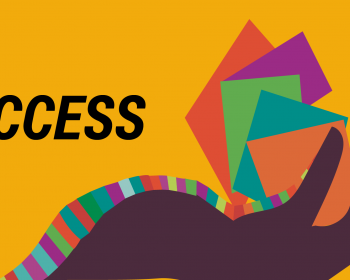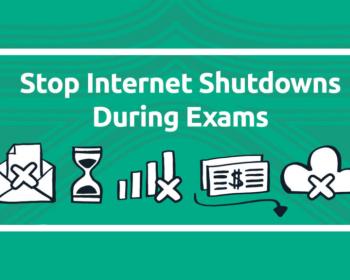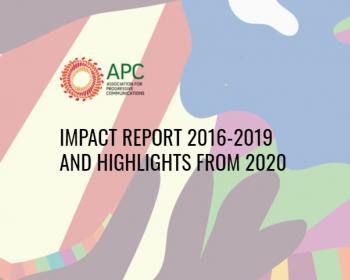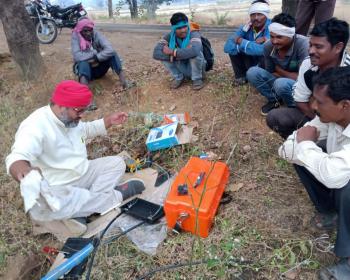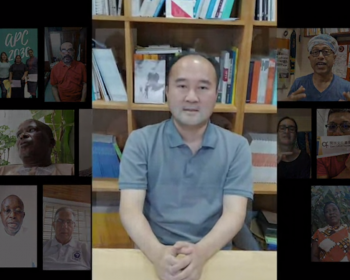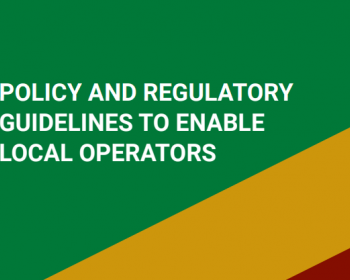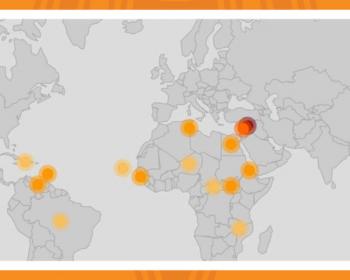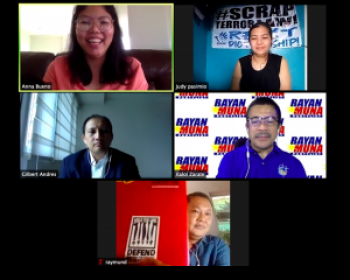Digital inclusion
From 2016 to 2019, we worked for people who are digitally excluded on the basis of where they live, gender, class, disability or identity, to have affordable and sustainable connectivity that allows them to share and communicate. How far did we get? Check it out!
This year, governments in the Middle East and North Africa have continued to shut down and throttle the internet during grade and high school examinations. So far, governments in Jordan, Syria, Algeria, and Sudan have disrupted the internet during examinations.
The APC Impact Report 2016-2019 encapsulates the APC network's high level impact over the four years of our strategic cycle, which ended in 2019. While the report looks back at our work, it also brings us forward through the strategic direction that we set for ourselves in the next four years.
The need for connectivity and digital infrastructure has become as important as food, housing and clothing to be able to access information, healthcare, education and government schemes
The "Pilot Mentoring Project to Develop Community Networks in South Africa" was implemented from October 2019 to April 2020 in the field by Zenzeleni Networks NPC, through an agreement between APC and the UK Government's Digital Access Programme. What follows is part of our effort to capture the activities, results and lessons learned from the Pilot Mentoring project.
Based on recent changes in the telecommunications industry, this paper analyses solutions for the expansion of the telecommunication operator ecosystem.
The Digital Empowerment Foundation launched the Digital Emergency Relief Programme through its Community Information Resource Centres (CIRC) in 600+ locations in India, which have been rigorously responding to the crisis by reaching out to the most vulnerable communities.
On 30 August, Lebanese internet users reported an internet disruption that made it almost impossible to access platforms like Twitter. This outage affected many websites and services globally, but not all internet service providers nor all internet services in Lebanon were affected the same.
The Foundation for Media Alternatives organised a webinar on digital rights in the Philippines, discussing the exacerbation of the digital divide during the lockdown, freedom of expression and the effects of the controversial Anti-Terror Law.

Association for Progressive Communications (APC) 2022
Unless otherwise stated, content on the APC website is licensed under Creative Commons Attribution 4.0 International (CC BY 4.0)



